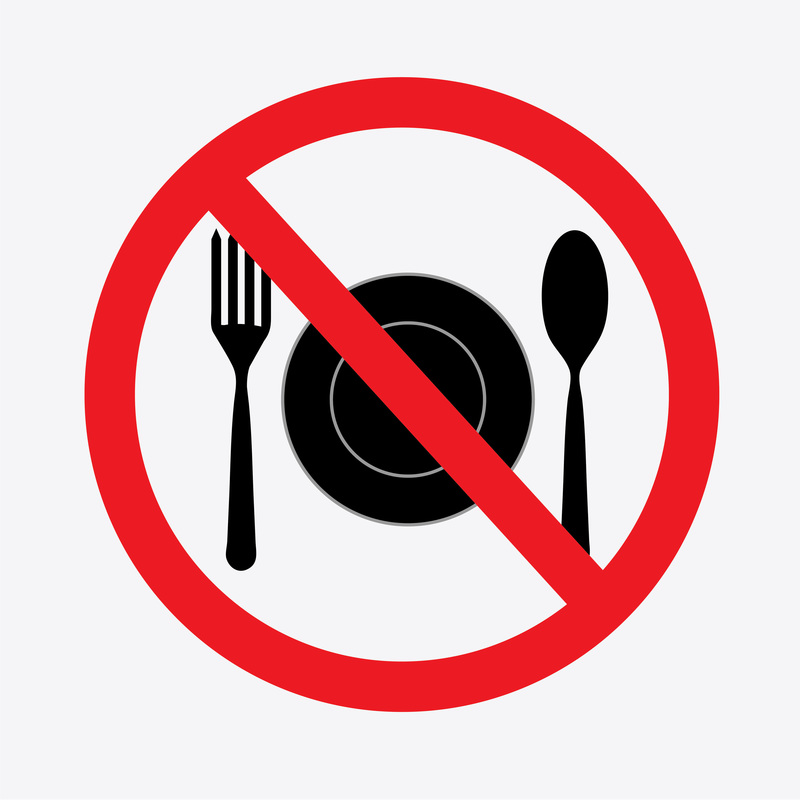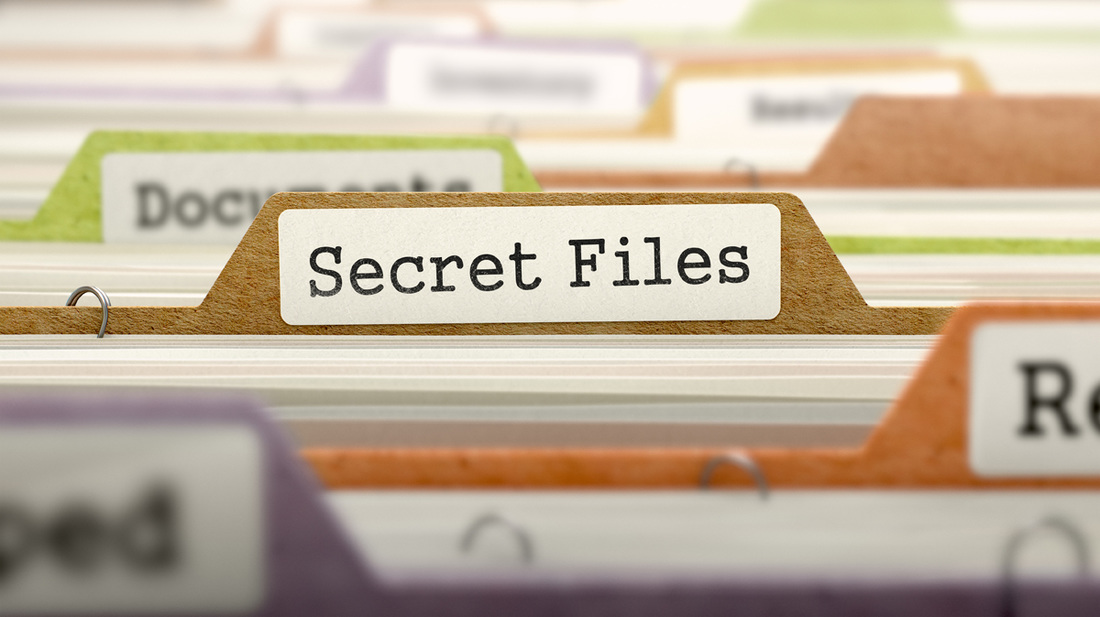|
Eating is bad for you. Starvation is good for you. Numerous people around the world fast to no ill effect. In one study, a man fasted for 382 days (yes, that's THREE-HUNDRED EIGHTY-TWO), lost almost exclusively body fat, and had no notable variability in blood values after the first few days. The summary of 60 years of the best research on starvation and metabolism is that after the third day there is only upside until at least day 42 in all participants. To underscore our societal lunacy about eating too much, too often, with too great an emphasis on carbohydrates, Dr. D'Agostino deadlifted 500lbs for 10 reps after a 7 day fast. Read that again and don't ever ever forget it. We are the descendants of the humans who made it. Our ancestors survived, thrived, grew strong, and in an environment with little food they passed on their DNA to the subsequent generations: us. There are no two ways about it. Eating fewer carbohydrates improves fertility. There is no debate. Ketogenic dieting, whether through food restriction or primarily carbohydrate restriction improves your chances when dealing with hormonal imbalance, cognitive decline and certain cancers. Now, that's not to say that the cereal companies' marketing and the American agricultural lobby haven't been astoundingly effective at brainwashing the world. They've done a remarkable job at convincing us that we should spike our blood sugar everyday, especially in the morning, and multiple times per day. We know with absolute certainty that this repeated variability in blood sugar increases your risk of all cause mortality. But like cigarettes before them, grains and sugars are hard to kick. Keep in mind, as noted above, there is absolutely no physical health benefit or physiological basis for an adult to eat every day. Once you're fully grown, there is no need to ever raise blood sugar again. We have this thing you might've heard of: stored body fat. Every single time you eat protein or carbohydrates you signal the body to protect stored body fat. Over time, you become very bad at using stored body fat at all. And if you continue to eat all the time, that's not going to change. In the modern industrialized world, hunger is a mental illness. All "hunger" is is a word that humans made up in order to describe the unease that we feel when our brain detects a possible or impending gap in the supply/demand equation for the brain. This could be vitamins. It could be minerals. It could be fatty acids. But what the brain absolutely never needs is more external dietary carbohydrates. There is nothing in medical literature to contend this fact. Every study on starvation has concluded that the brain will function optimally with ketones and the glucose that the liver synthesizes. Eating frequently and in large quantities of carbohydrates will increase insulin resistance. When the brain becomes insulin resistant and you are still bombarding it with frequent meals and carbohydrates, what do you think is going to happen? It's called dementia. It's called Alzheimer's. You are hungry for dementia? Yeah, that's mental illness. Like a smoker who craves cancer, a food addict hungers for destruction of his or her own health and wellness. And so, societally, the time has come to stop with the pretense. Most grown American adults don't need to eat for weeks at a time. We can stop pretending and making excuses. Outside of water, some leafy greens and berries every other day ought to cut it for many nutrients. The rest can be had with a weekly meal of some sort of fish and/or nuts and/or liver from humanely treated grassfed cattle. Not up for real food? Take a multivitamin or greens replacement powder. The brainwashing is running out of steam; and you are running out of justifications. A man who starved for a week deadlifted 500lbs for 10 reps. An ever-growing number of elite endurance and ultra-endurance athletes are eating zero starches or very low carb. And their performance is improving. What in the world is the layperson doing "fueling the day"? You have fuel for years. It's already stored all over your body. You just have to get good at using the fuel. That starts with opting out of food, one way or the other. It could be a meal. It could be a category. It could be a day or a week or more. But somewhere, somehow, some day you are going to have to opt out. That is the only way. And when you do, you'll be stronger not weaker. You may even lift 500lbs. To find out how to implement safe and healthy food restriction in realistic ways for you, click here.
0 Comments
Different people swear by different diets, whether it's raw vegan, slimgenics, weight watchers, paleo, Atkins, medifast, and forever on the list goes. Professional bodybuilders, the leanest athletes on earth, will eat up to 10 times a day. Meanwhile, various fit and cognitively sharp 100 year olds eat only once or twice a day. In recent years, a lot of health has been recovered and abs revealed through adding in copious meat and animal fats. Prior to that, vegans were able to get thin by removing animal products. Confused how such different plans work? The reality, in point of fact, is that any successful Weightloss program has the exact same fundamental properties: control insulin; control cortisol. That's it. Simple. This is the secret of Weightloss. And even after this article it will remain secret, because it will seem too simple.
Every diet that works is first operating on a single principle: reduce insulin. That is the most important thing if the focus is simply losing body fat. Insulin grows all tissues; but in a fat person insulin pretty much only grows fat or prevents the breakdown of stored body fat. There are many paths to reduce insulin, which is why different people swear by seemingly different paths. The principle is the same in all of them. Get blood sugar lower for longer periods of time. This can be achieved by eating less (I.e. - weight watchers), by spacing the food throughout the day (I.e. - conventional body building diets), reducing carbohydrate content (I.e. - Atkins), reducing the glycemic index of carbs ingested (I.e. - raw vegan), all of the above (I.e. - various anti-inflammatory and elimination diets) or trying to exercise your way out of it (I.e. - endurance athlete lifestyle where the activity eventually uses up the blood sugar). Alone, reducing insulin via nutrition is profound. However, results can be accelerated with additional control of cortisol when done correctly. In general, we want less cortisol because it is so depressing to vital hormones like testosterone. But there are times where increasing cortisol is warranted. Prior to activity, it will intensify the body's use of stored body fat if and only if insulin is depressed concurrently. The most successful Weightloss programs maximize cortisol at opportune times and reduce it at inopportune times. Cortisol is indiscriminently catabolic. It breaks down tissue. This can be fat or lean mass. Referencing the above paragraph, you can see that if you first raise insulin (which blocks the breakdown of fat), even if you workout soon afterward (raising cortisol), you will be incapable of breaking down any meaningful amount of stored body fat for many hours. However, in a fasted state, insulin is low and not growing or defending body fat. If one raises cortisol at these moments, they can preferentially burn body fat. This is why the vast majority of athletes who are getting leaner are doing morning cardio before eating and oftentimes with stimulants like caffeine. Upon waking, all other things being equal, cortisol is at an all time high. This can go one of two ways: burn more fat or burn more muscle. If you eat before activity, sustained cortisol output WILL eat up muscle and bones and organs. If you do activity before eating, you will maximize fat burn. There is a third component for those looking to really change body composition, not just lose weight: picking up heavy stuff. Lifting weights operates on yet another level as far as body composition is concerned. When you contract muscles intensely, you upregulate glucose transporters in muscles. Essentially, this means that whatever happens with respect to cortisol and insulin, your body will disproportionately shuttle energy to lean mass, not fat mass. A fourth component, but a little longer ranging for most, is straight up being leaner. When less of your body is fat, guess what happens when you eat? There's less fat competing for the nutrients. You use more of your food to be lean. When you take all of this into consideration, you can see how an already lean athlete who lifts heavy weights doesn't have to do nearly as much right with nutritional and cardio-dependent modes of controlling insulin and cortisol. However, the sedentary overweight individual has the cards stacked against her. She must knock insulin down as low as possible through nutrition, because most of the tissue in the body is going to take food to grow fatter. Activity will never scale like nutrition. It cannot make up for bad nutrition in that it cannot go back in time to reduce previously high insulin. And since most people don't have 6-8 hours per day every single day to train, you can also see how it will never have as profound an impact on insulin over the 24 hours in a day as good nutrition. That's the secret. Control insulin. Get it as low as possible. For those trying to gain size or strength, raise it only shortly after training. Control cortisol. Increase it during activity in a more or less blood sugar fasted state. Reduce it all other times. Lift heavy things. Get lean. Yes, sleep and many other variables play a role. But think about what that actually means. While asleep, you have a harder time eating sugar and raising insulin or getting over stressed and raising cortisol. When your sleep is optimal, you have better organ reserve and are able to apply more cortisol output to the breakdown of fat once awake. When you're under-slept, cortisol is burning at inopportune times, eating up lean mass, making it impossible to ever get lean, even if you lose some weight. Simple. Get started with Elev8 Wellness on your weightloss journey today. |
Elev8 Wellness
|
LIVE. AWESOME.We offer the highest quality in personal fitness, nutrition, and mindset coaching, helping you achieve your fitness, health, wellness and performance goals no matter the obstacle. With virtual online training and private, in-studio training we make it easier to reach your wellness goals safely.
No more can't. No more not good enough. If you compete in a sport, let your mind no longer hold you back from being the greatest. If you don't, let your mind no longer hold you back from being the best version of you that you can be. Sign-up for a Tour Covid Screen Waiver Elev8 Waiver Become an Elev8 Instructor Space Rental |
6244 lyndale ave. s., minneapolis, mn 55423
|
© 2021 Elev8 Wellness LLC. All Rights Reserved. site map | contribute | SITE BY Sproute Creative



 RSS Feed
RSS Feed
